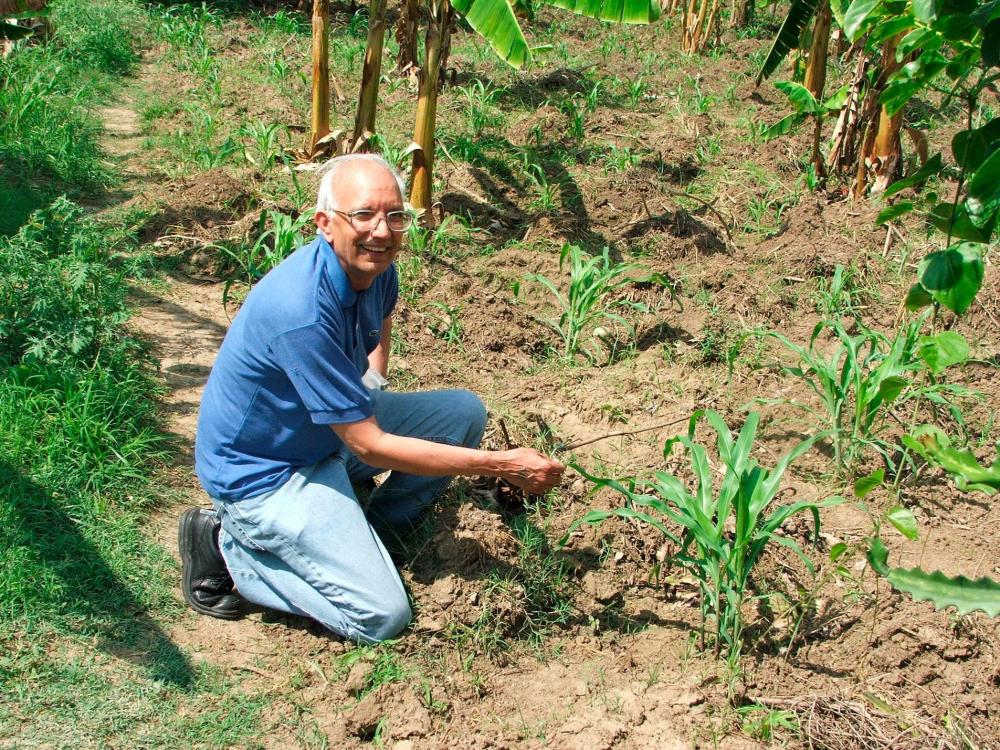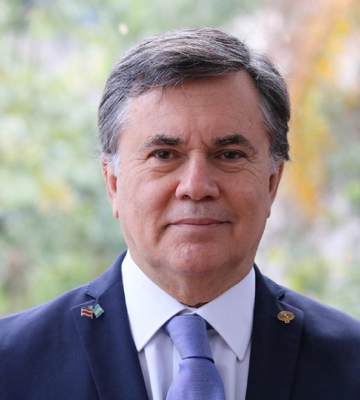
|
“Now is the time to coordinate efforts and capacities to provide concrete and effective solutions that would allow for reversing the serious problem of soil degradation in Latin America and the Caribbean. ” |
Soil degradation is rapidly advancing and threatening the capacity of Latin America and the Caribbean to meet current and future food demand in a sustainable manner. This, in turn, is jeopardizing our main productive capital, which generates foreign exchange and jobs, supports the region’s economies, and guarantees global food security.
Furthermore, the estimated loss of a trillion dollars per year due to the reduced capacity of soils to provide ecosystem services, which regulate global carbon, water and nutrient cycles, also limits the quantity and quality of natural resources available to support socio-economic activities and the livelihoods of populations.
The main cause of soil degradation in the arid, semi-arid, sub-humid and dry regions of Latin America and the Caribbean is desertification, which affects 35% of the region’s surface area.
Professor Rattan Lal, 2020 World Food Prize winner and co-laureate of the 2007 Nobel Peace Prize, considered the world’s leading authority on soil science, has concluded that another important consequence of soil degradation is the loss of biodiversity.
Agricultural soils have lost up to 75% of their natural carbon stocks and biodiversity, primarily due to unsustainable agricultural management practices.
In humid regions of Latin America and the Caribbean, deforestation is one of the main causes of soil degradation and the emission of carbon dioxide into the atmosphere. As a result of all of these limitations, it is estimated that 49% of the Latin American and Caribbean territory is exposed to water erosion, and approximately 56% of land is affected by chemical degradation (salinity or acidity) of soils.
|
“the health of soils determines that of everything that grows on it” |
Considering the fact that soils are a fundamental natural resource for human development, and that Latin America and the Caribbean is one of the regions of the world with the greatest wealth of natural resources and biodiversity—it possesses 23% of the world’s arable land and 31% of the planet’s fresh water resources—it is clear that one of the greatest challenges facing agriculture in our hemisphere is maintaining the health of cultivated land in the region, by maintaining adequate plant cover and implementing good agricultural practices.
In light of this serious situation, and in keeping with the institutional mandate to guarantee agricultural development and the well-being of rural populations in the Americas, we set out to support the development and implementation of a hemispheric strategy that involves policymaking as well as the implementation of land management practices and incentives for transforming agricultural systems into more fertile ecosystems capable of accumulating more carbon in soils.
We have transformed that willingness into action through the launch of “Living Soils in the Americas”, a joint initiative between the Inter-American Institute for Cooperation on Agriculture (IICA) and the Carbon Management and Sequestration Center (C-MASC) at Ohio State University, which is led by Professor Lal. As part of this initiative, we will be working together with governments, funding agencies and private sector partners.
As is the case with climate change, human activity is the main determinant for land degradation, because it is associated with inadequate land management and its interaction with other natural, social and economic factors.
Now is the time to coordinate efforts and capacities to provide concrete and effective solutions that would allow for reversing the serious problem of soil degradation in Latin America and the Caribbean.
After all, the health of soils determines that of everything that grows on it.

Dr. Manuel Otero
Director General of the Inter-American Institute for Cooperation on Agriculture (IICA)
Añadir nuevo comentario